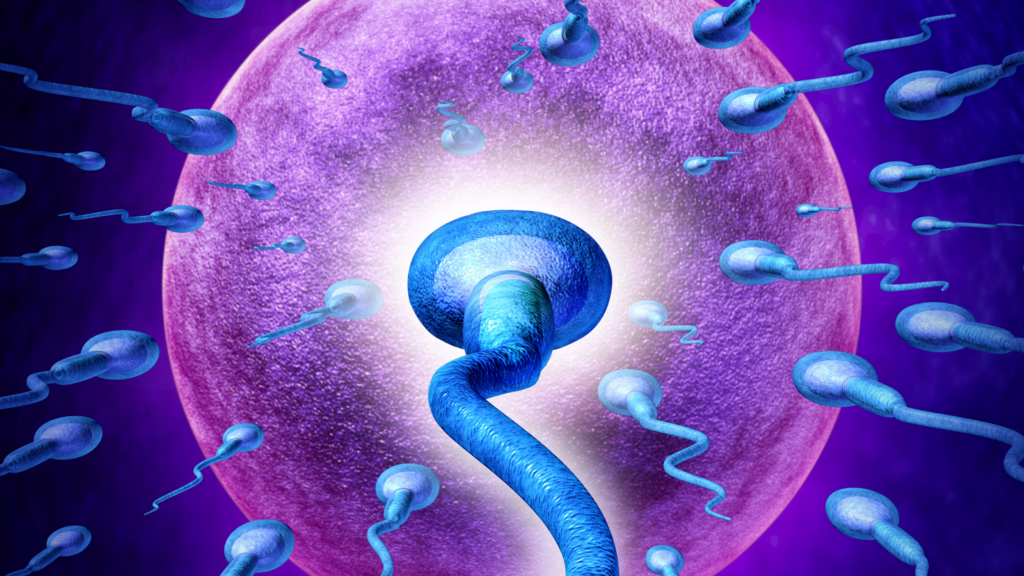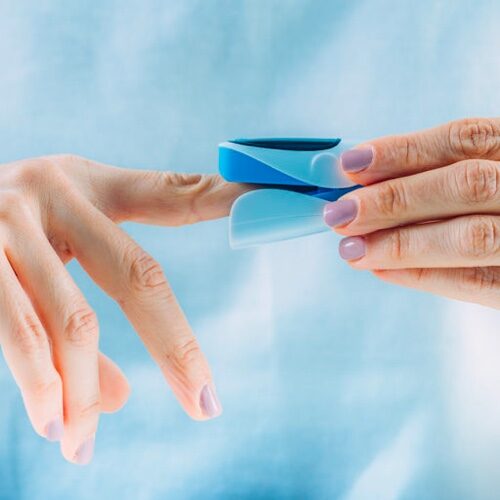When it comes to conceiving, many factors play a role in determining fertility. While most attention is often given to lifestyle factors like diet and exercise, one crucial aspect that often goes overlooked is sleep. Your fertility is intricately tied to your overall health, and sleep is a cornerstone of good health. In this comprehensive guide, we delve deep into the connection between sleep and male fertility, exploring how your sleep habits can impact sperm health and fertility outcomes.
Fertility and Your Circadian Rhythm:
Your body operates on a natural 24-hour cycle known as the circadian rhythm, which regulates various physiological processes, including sleep-wake cycles. Disruptions to this rhythm can have profound effects on your health, including fertility. Research has shown that disturbances in the circadian cycle can impact fertility in both humans and animals, emphasizing the importance of maintaining a healthy sleep-wake cycle for optimal reproductive function.

Sleep and Sperm Health:
Studies have demonstrated a clear link between sleep duration and sperm health. Both short and excessively long sleep durations, as well as late bedtimes, have been associated with poor sperm quality, including decreased motility, count, and morphology. Moreover, sleep deprivation has been shown to increase the production of antisperm antibodies, further compromising fertility. The key takeaway is that maintaining a consistent sleep schedule and aiming for 7-8 hours of quality sleep is essential for preserving sperm health.
Sleep and Inflammation:
Inflammation, often exacerbated by poor sleep habits, can adversely affect sperm production and function. Research has shown that inadequate sleep duration, poor sleep quality, and late bedtimes are associated with increased inflammation levels, which can impair sperm quality. Importantly, many individuals may not exhibit outward symptoms of inflammation, highlighting the need for vigilance in addressing sleep-related inflammation to safeguard fertility.

Sleep and Male Fertility Hormones:
Hormonal balance plays a critical role in male fertility, with testosterone, follicle-stimulating hormone (FSH), and luteinizing hormone (LH) influencing sperm production. Sleep deprivation has been shown to disrupt this hormonal balance, leading to decreased testosterone levels and compromised fertility. Both young and older men are susceptible to hormonal disruptions due to inadequate sleep, underscoring the importance of prioritizing sleep for reproductive health.
Melatonin and Male Fertility:
While melatonin is often used as a sleep aid, its long-term effects on male fertility are less understood. Research has indicated a potential correlation between prolonged melatonin use and decreased sperm quality, highlighting the need for caution when using melatonin supplements for sleep. It’s crucial to recognize that sleep quality is multifaceted and cannot be addressed through quick fixes like melatonin, emphasizing the importance of holistic lifestyle changes for optimal sleep and fertility outcomes.
Building Healthy Sleep Habits:
To improve sleep quality and enhance male fertility, adopting healthy sleep habits is paramount. Regular exercise, stress management, a balanced diet, and creating a conducive sleep environment are essential steps in promoting restorative sleep. Maintaining a consistent sleep schedule and avoiding sleep disruptions, such as using electronic devices before bedtime, can further support optimal sleep and reproductive health.
In conclusion, sleep plays a crucial role in male fertility, with disruptions to sleep patterns having profound effects on sperm health and reproductive outcomes. By understanding the intricate relationship between sleep and fertility and adopting healthy sleep habits, men can take proactive steps to safeguard their reproductive health. Prioritizing quality sleep as part of a holistic approach to wellness is essential for optimizing fertility and overall well-being.
By addressing sleep-related factors, men can take proactive steps to enhance their reproductive health and improve their chances of conception.

















